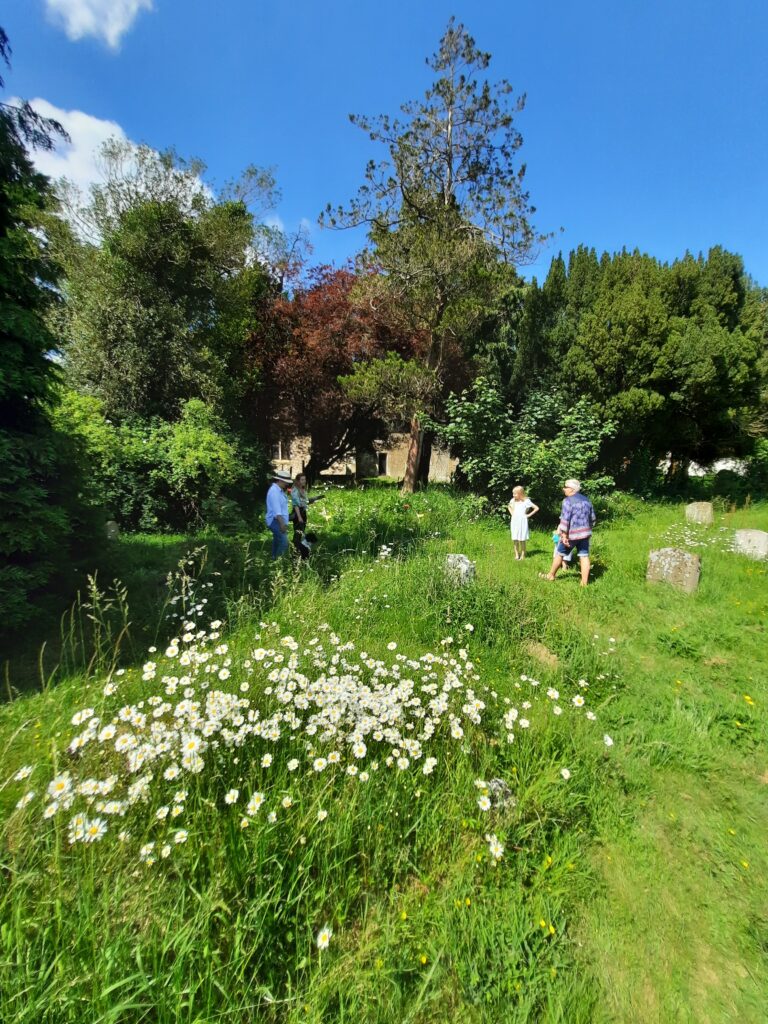You can download the tips below as a leaflet here
And grass came up on the earth, and every plant producing seed of its sort, and every tree producing fruit, in which is its seed, of its sort: and God saw that it was good.
Genesis 1 : 12
Why?
The great thing about gardening with the environment in mind is that everything we do to help care for God’s creation will benefit us, animals and our gardens as well.
We are “doing our bit” to ensure that the resources and health of planet Earth and air quality are conserved … better for us and future generations.
It’s now widely acknowledged that time spent in our gardens tending to the wellbeing of God’s creation can bring about and enhance a feeling of personal wellbeing, especially at times of stress.
Be waterwise
- Grow plants that suit the climate and soil type in your area.
- Explore ways of water harvesting such as catching rainwater in large containers to use later.
- Use a mulch on beds, borders and containers to minimise water evaporation and suppress weeds.
- Water early in the early morning or in the cool of the evening to minimise evaporation.
- Water into the roots of plants as that’s where they need it to benefit the whole plant. Water sprayed onto leaves and stems will evaporate quickly and not be absorbed.
- Avoid over-watering. Plant needs vary so check what each requires as over-watering can damage plants and wastes water.
- Vegetables need a lot of water to grow well but there are some that can thrive in dry weather such as Swiss Chard, leeks, globe artichokes and grapes!
- Experiment with succulents, sempervivums, pelargoniums, geraniums and other drought tolerant plants in hanging baskets and containers.
- Experiment with drought tolerant annuals and perennials in beds and borders. The Dry Garden at RHS Garden Hyde Hall has not been watered in 18 years!
Eco change
- Switch to peat-free compost … eco-friendly alternatives are readily available based on bark, green compost, wood waste, wood fibre, coir (a coconut fibre waste product) or make your own.
- Look for eco-friendly pest, weed and fungal control methods.
- Think about alternatives to packaged plant fertiliser such as making your own from comfrey leaves or nettles. “Recipes” are readily available online and in gardening magazines.
Reimagine
- Choose products that are “sold loose”, are packaged in a biodegradable material or a material, including plastic, that can be re-used and recycled.
- Re-use or find eco-friendly alternatives for single-use plastic items.
- Choose plant pots made of an eco-friendly material that can be re-used, recycled or will biodegrade.
- Re-purpose empty containers as trays and pots for your seeds and seedlings. Useful for plant sales and give-aways to friends!
Source: RHS articles by Sally Nex
